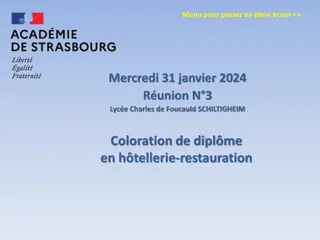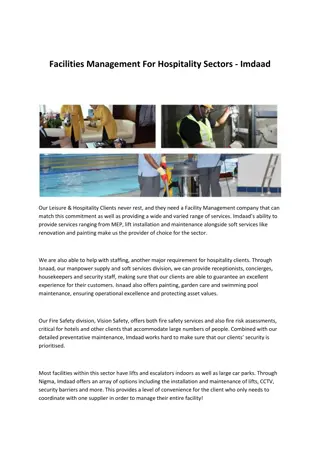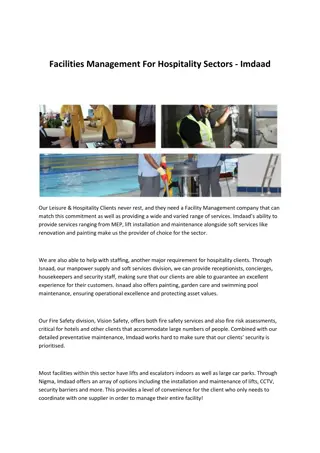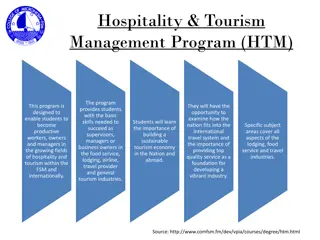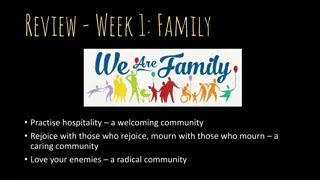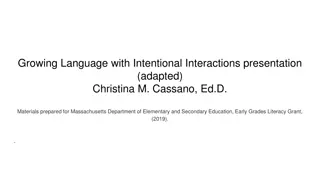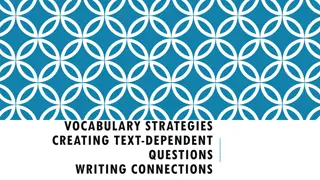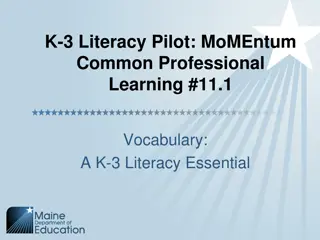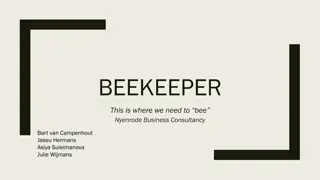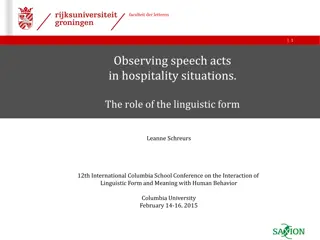Hospitality Vocabulary and Communication Practice
Enhance your hospitality vocabulary and communication skills with images and practice exercises related to dealing with guests, handling misunderstandings, running a hotel, vocabulary terms, complaining effectively, and understanding definite and indefinite articles.
Download Presentation

Please find below an Image/Link to download the presentation.
The content on the website is provided AS IS for your information and personal use only. It may not be sold, licensed, or shared on other websites without obtaining consent from the author.If you encounter any issues during the download, it is possible that the publisher has removed the file from their server.
You are allowed to download the files provided on this website for personal or commercial use, subject to the condition that they are used lawfully. All files are the property of their respective owners.
The content on the website is provided AS IS for your information and personal use only. It may not be sold, licensed, or shared on other websites without obtaining consent from the author.
E N D
Presentation Transcript
UNIT 5 DEALING WITH GUESTS
MISUNDERSTANDING to miss the point to talk at cross purposes to get the wrong end of the stick to get one s lines crossed can t make head or tail of a mix-up PRACTICE - WB, pg. 28, ex 8
RUNNING A HOTEL ON THE ROOF OF THE WORLD, SB, PG. 44 red carpet treatment - very special treatment; royal treatment the last straw - the latest in a series of bad events, and it makes you unable to deal with a situation any longer suite - a number of connected rooms in a hotel forming one living unit/apartman altitude - the height above a reference level, especially above sea level or the earth's surface/nadmorska visina, visina snatch quickly seizing sth / epati dial call/okrenuti broj
VOCABULARY stained marked with something which is not easily removed/flekav freezing - below 0 /ledeno missing not able to be found/koji nedostaje stuck unable to move/zaglavljen not working out of order-ne radi torn ragged/pocepan dripping let fall small drops of liquid/curiti, kapati sag a curve in a structure/ulegnu e Dusty covered with dust/pra njav Disguisting sickening, revolting, repiulsive/gadan, odvratan Full having no empty space/puna PRACTICE - WB, pg. 28, ex. 7
COMPLAINING Thanks for bringing the matter to my attention I m very/terribly sorry I do apologise for your inconvenience I m so sorry sir / madam, I ll send someone up to look at it immediately I m sorry to hear that, I ll get someone to check it for you Excuse me, but there s a problem with Sorry to bother you, but I think there s something wrong with I m afraid I have to make a complaint/there s a slight problem with my room What seems to have happened There has been a misunderstanding/a mix up It seems there has been a problem.. I ll see to it straight away We will look into the matter and.. I suggest that we..
DEFINITE AND INDEFINITE ARTICLE Countable/Singular a book a manager the book the manager Countable/Plural books managers the books the managers Uncountable money the money
ARTICLES We use no article before the names of the people and their titles: Dr Mann, Captain Kirk, Queen Annie but we use a/an before professions: He is a night auditor. We use a/an in expression of measurement: 120 euros a night. We use the before the nouns or adjectives to create a category of people or things: the rich, the Japanese
ARTICLES - PRACTICE SB, pg. 43, ex. 8 WB, pg. 27, ex. 6-5
WORD BUILDING ED-adjectives describe how a pesron feels: I feel tired. ING-adjectives say what makes the person feel that way: It was a tiring journey. PRACTICE WB, pg.26, ex. 2-3




